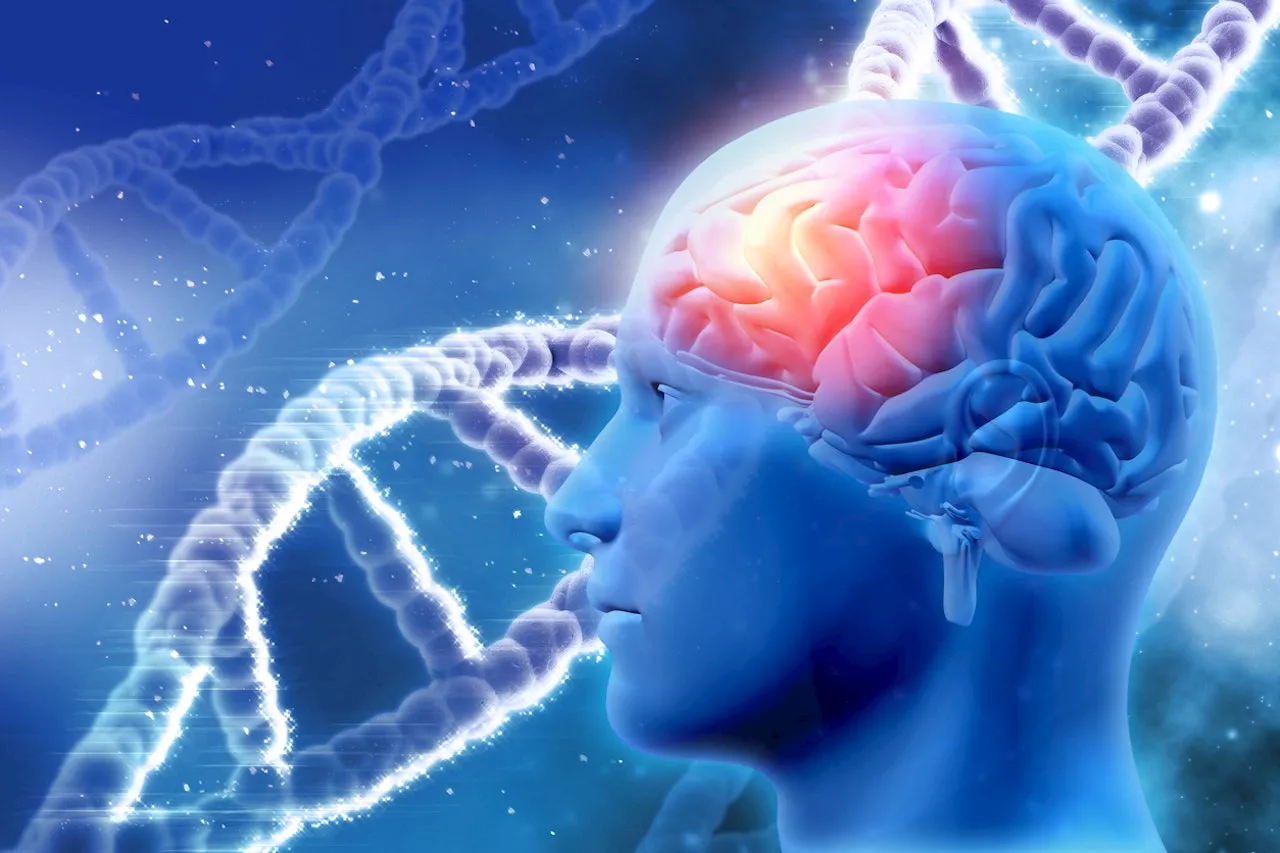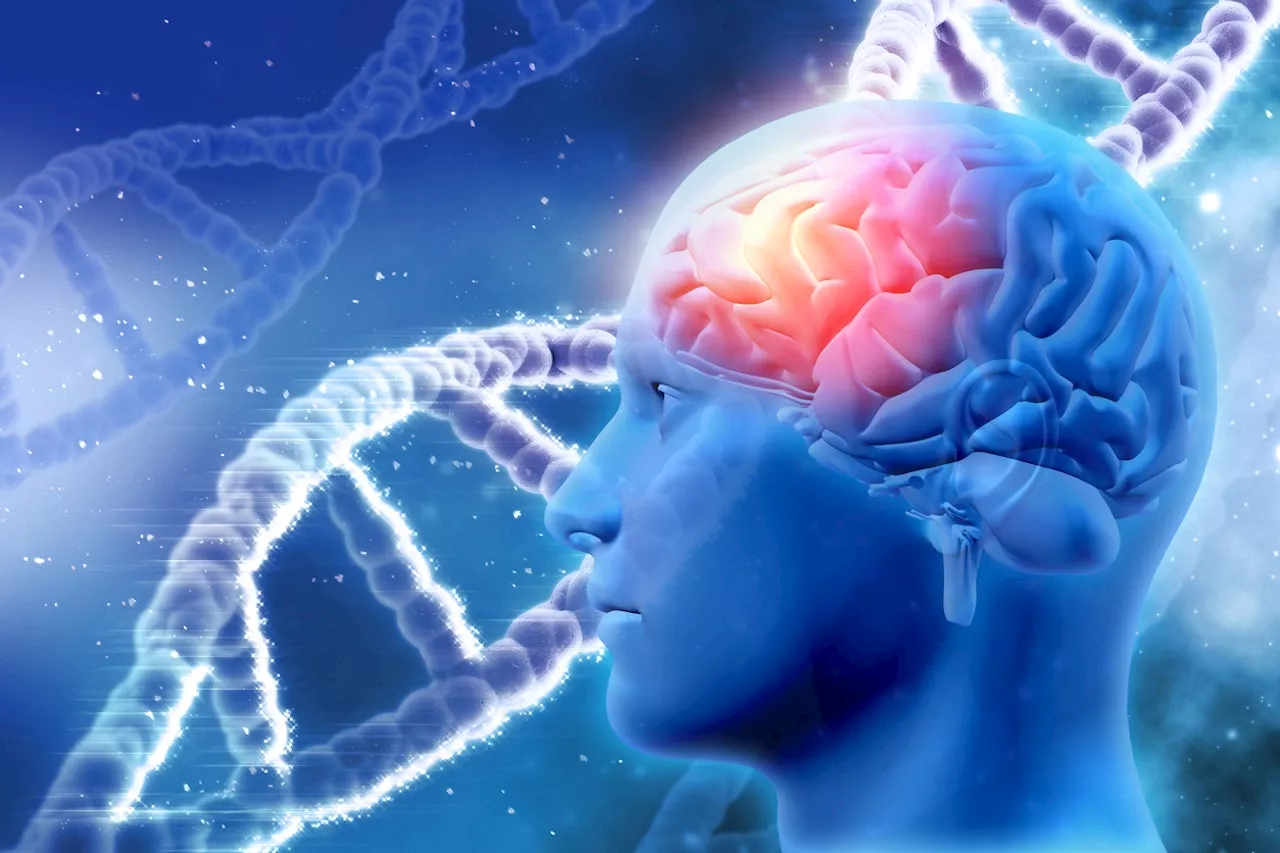By examining the lived experience of recovery from acquired brain injury, we can learn much about brain plasticity and resilience as well as the importance of perserverence.
Examining the lived experiences of those recovering from brain injury can further our understanding of the recovery process and provide useful information for others who suffer from acquired brain injury. In this post, I examine qualitative research from the lived recovery experience of a single subject, former World Boxing Champion John Famechon.
The doctors and other medical experts advised that this would now be John’s life, and his discharge condition was as good as he would ever get: severely incapacitated, often bedridden, unable to fend for himself, and wheelchair-bound for the remainder of his life. This investigation identified a number of significant contributors to John’s neurological recovery. In addition to all of the hospital staff that saved John’s life, the other most significant person identified would be John’s then-fiancée , Glenys Famechon.repair processes and neurophysiological renewal started at the moment that the brain damage occurred in August 1991. These natural internal processes were further supported by subsequent external medical and rehabilitative interventions.
As a result of this innovative intervention in late 1993, John’s presenting incapacitated condition changed over the ensuing weeks and months.
United States Latest News, United States Headlines
Similar News:You can also read news stories similar to this one that we have collected from other news sources.
 Common brain network detected among veterans with traumatic brain injury could protect against PTSDResearchers analyzed 193 patients from the Vietnam Head Injury Study with penetrating traumatic brain injury to determine if the location of shrapnel damage to their brains influenced risk of developing PTSD. Damage to areas connected to the amygdala was associated with a lower chance of developing PTSD.
Common brain network detected among veterans with traumatic brain injury could protect against PTSDResearchers analyzed 193 patients from the Vietnam Head Injury Study with penetrating traumatic brain injury to determine if the location of shrapnel damage to their brains influenced risk of developing PTSD. Damage to areas connected to the amygdala was associated with a lower chance of developing PTSD.
Read more »
 Vital language sites in brain act like connectors in a social networkWhen surgeons perform brain surgery on people with brain tumors or epilepsy, they need to remove the tumor or abnormal tissue while preserving parts of the brain that control language and movement. A new study may better inform doctors' decisions about which brain areas to preserve, thereby improving patients' language function after brain surgery.
Vital language sites in brain act like connectors in a social networkWhen surgeons perform brain surgery on people with brain tumors or epilepsy, they need to remove the tumor or abnormal tissue while preserving parts of the brain that control language and movement. A new study may better inform doctors' decisions about which brain areas to preserve, thereby improving patients' language function after brain surgery.
Read more »
 This Brain Implant Lets People Control Amazon Alexa With Their MindsNeuralink rival Synchron is connecting its brain–computer interface with consumer technologies to allow people with paralysis more functionality.
This Brain Implant Lets People Control Amazon Alexa With Their MindsNeuralink rival Synchron is connecting its brain–computer interface with consumer technologies to allow people with paralysis more functionality.
Read more »
 Boosting Brain Protein Could Slow Alzheimer's ProgressionA new study suggests that increasing levels of a specific protein in the brain, rather than removing amyloid plaques, could be more effective in slowing the progression of Alzheimer's disease. Researchers from the University of Cincinnati found that newly approved monoclonal antibody medications, which were designed to remove amyloid plaques, unintentionally raised levels of Aβ42, a healthy protein, and this increase was linked to slower cognitive decline.
Boosting Brain Protein Could Slow Alzheimer's ProgressionA new study suggests that increasing levels of a specific protein in the brain, rather than removing amyloid plaques, could be more effective in slowing the progression of Alzheimer's disease. Researchers from the University of Cincinnati found that newly approved monoclonal antibody medications, which were designed to remove amyloid plaques, unintentionally raised levels of Aβ42, a healthy protein, and this increase was linked to slower cognitive decline.
Read more »
 19-Year-Old Alzheimer's Patient Shows Us Proactive Brain Care Is CriticalNew study shows Alzheimer's can start in teen years.
19-Year-Old Alzheimer's Patient Shows Us Proactive Brain Care Is CriticalNew study shows Alzheimer's can start in teen years.
Read more »
 Alzheimer’s disease could be slowed by boosting a certain protein in the brain, researchers sayBoosting a certain brain protein could help slow the progression of Alzheimer’s disease, a new study has found. The University of Cincinnati researchers and an Alzheimer's Association expert weigh in.
Alzheimer’s disease could be slowed by boosting a certain protein in the brain, researchers sayBoosting a certain brain protein could help slow the progression of Alzheimer’s disease, a new study has found. The University of Cincinnati researchers and an Alzheimer's Association expert weigh in.
Read more »
